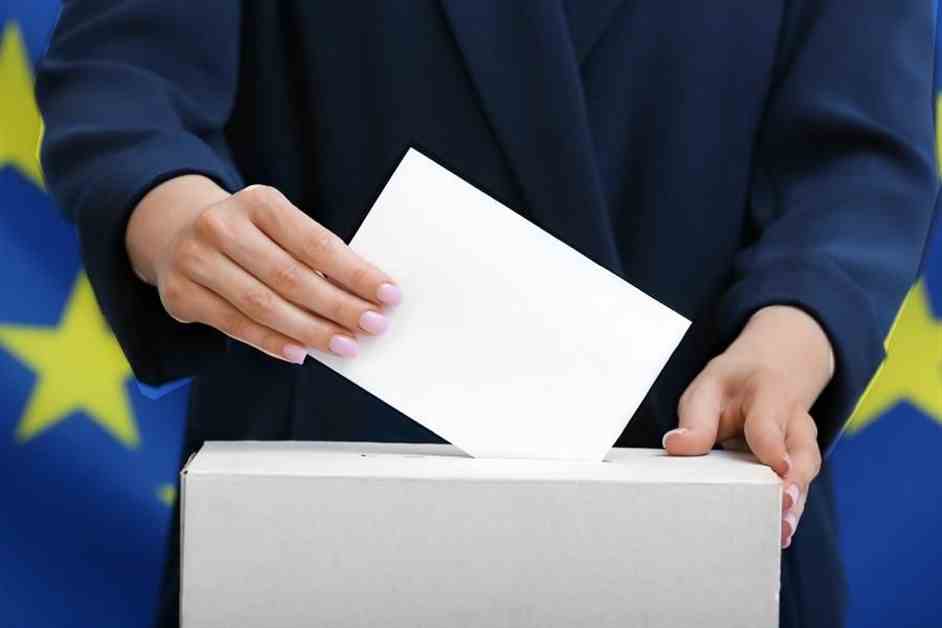Local Electoral Sites in Autonomous Capitals to Feature Accessibility Signage for People with Disabilities on 9-J
On Sunday, June 9th, the system of accessibility signage for people with disabilities that was tested in the city of Madrid during the 2023 elections will be extended to the European Parliament elections in the rest of the autonomous community capitals and the cities of Ceuta and Melilla.
The system consists of seven pictograms aimed at facilitating access and navigation through polling stations for individuals with cognitive, intellectual, or literacy disabilities. As a result of the agreement signed in 2021 between the Ministry of the Interior and Plena Inclusión España, a pilot project was implemented during the 2023 local and general elections. This project distributed posters designed to enhance cognitive accessibility (for individuals with intellectual disabilities, older people) in the polling stations of Madrid, with the collaboration of the Government Delegation in Madrid.
Following the positive reception of this initiative and the commitment to further measures that facilitate access for the most vulnerable groups to the electoral process, this project will expand to all autonomous community capitals and the autonomous cities of Ceuta and Melilla in the upcoming elections.
ACCESSIBLE VOTING KIT
Additionally, the Ministry of the Interior has provided citizens with disabilities an accessible voting kit with supplementary materials in braille. This kit includes standardized ballot papers and envelopes identical to those used by other voters, along with additional braille documentation that enables them to independently select the ballot paper with their voting choice: an explanatory guide, braille stickers, and ink that identifies contents. These kits are handed out at the polling station on the day of the election to all citizens who have requested this service.
The number of applicants for the accessible voting procedure for these European elections has been 1,006, compared to the 691 requests in May 2019, representing a 45.6% increase.
(Source: SERVIMEDIA, June 8, 2024, ARC/mmr)












